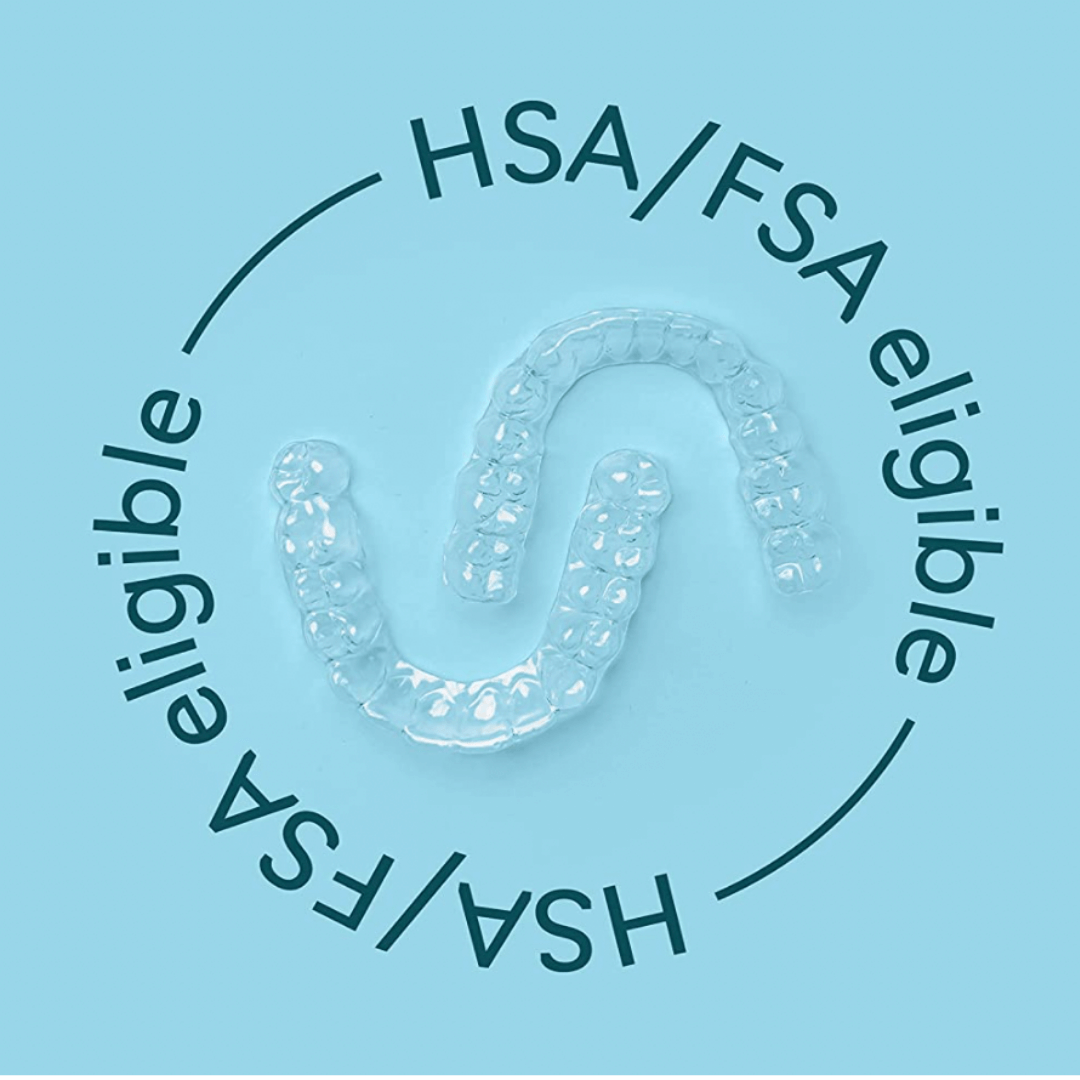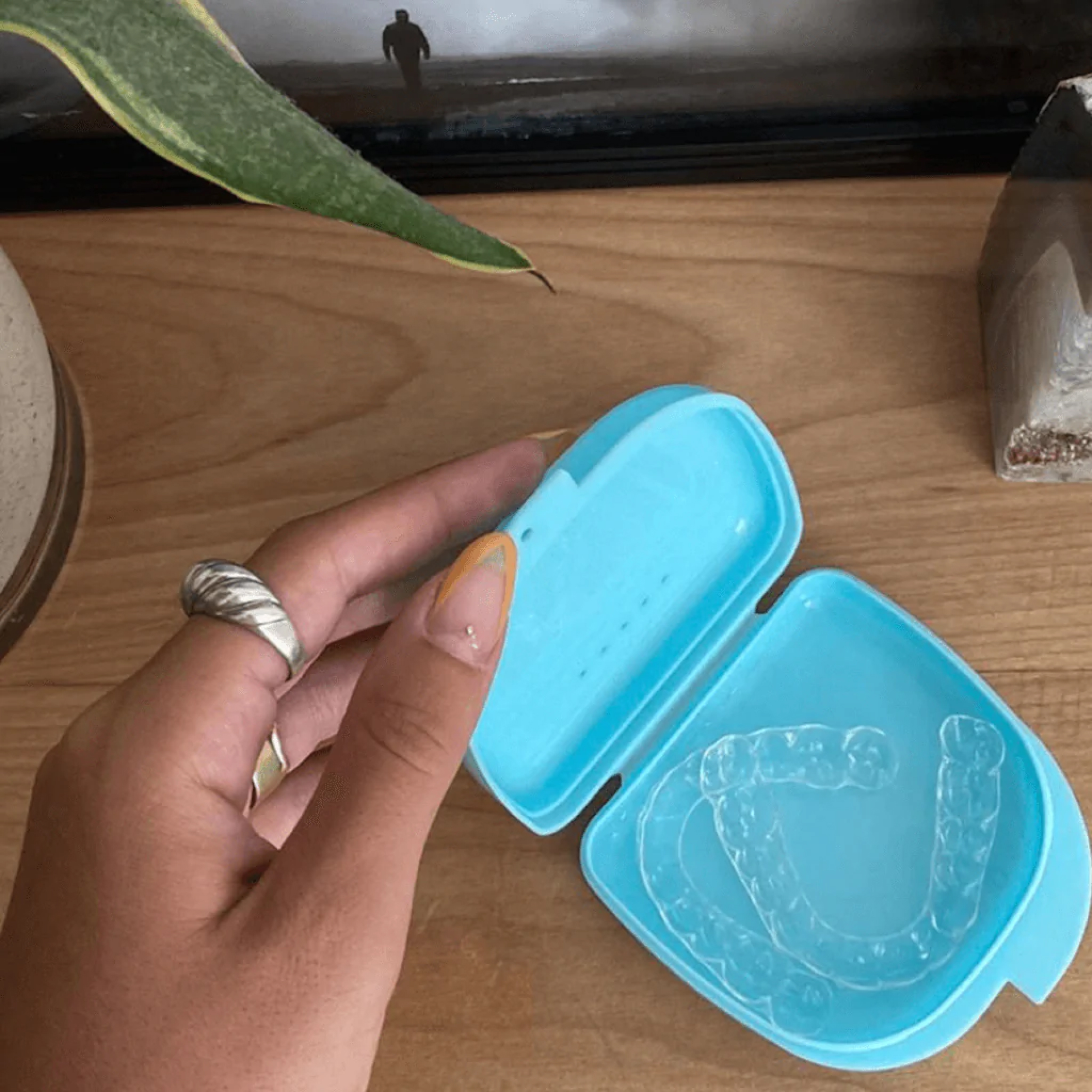The Cost of a Custom Dental Night Guard
A dental night guard is an essential device for people who experience teeth grinding or clenching during sleep, a condition known as bruxism. A custom-made dental night guard provides the best fit and protection for your teeth. However, the cost of getting a custom dental night guard can be a concern for many individuals. This article will discuss the purpose of dental night guards, factors affecting their cost, the process of getting a custom dental night guard, and maintenance and replacement considerations.
Understanding Dental Night Guards
A dental night guard is a removable dental appliance worn over the teeth during sleep to protect them from the harmful effects of grinding and clenching. This section will explore the purpose of dental night guards, types available, and the differences between custom and over-the-counter options.
Purpose of Dental Night Guards
Dental night guards serve several important functions. They provide a protective barrier between the upper and lower teeth, preventing tooth wear, enamel damage, and even potential fractures caused by grinding or clenching. They also help to alleviate the stress placed on the temporomandibular joints (TMJ), thereby reducing pain and discomfort associated with TMJ disorders. Dental night guards can also prevent or reduce headaches and facial pain caused by bruxism.
It is important to note that dental night guards are not a cure for bruxism, but rather a way to manage its symptoms and prevent further damage to the teeth and jaw. In addition to wearing a night guard, it is recommended that patients address the underlying causes of bruxism, such as stress, anxiety, or sleep disorders, through lifestyle changes or professional treatment.
Types of Dental Night Guards
There are three main types of dental night guards: soft, dual laminate, and hard acrylic. Soft night guards are generally recommended for mild bruxism cases, as they provide a comfortable fit and sufficient protection for those who do not grind or clench severely. Dual laminate night guards feature a hard outer layer and a soft inner layer, providing a balance between comfort and durability. These are ideal for moderate to heavy bruxers. Hard acrylic night guards are designed for the most severe cases of bruxism and provide maximum protection and durability.
When choosing a type of night guard, it is important to consider the severity of your bruxism, as well as your personal preferences and budget. Your dentist can help you determine which type of night guard is best suited to your needs.
Custom vs. Over-the-Counter Night Guards
The primary difference between custom and over-the-counter dental night guards is the quality of the fit. Custom night guards are made from impressions of the patient's teeth, ensuring a perfect fit that provides maximum protection and comfort. In contrast, over-the-counter night guards may not fit as accurately and can be less comfortable to wear. Additionally, custom night guards tend to be more durable and longer-lasting than their over-the-counter counterparts.
While over-the-counter night guards may be a more affordable option, they may not provide the same level of protection and comfort as a custom night guard. It is important to weigh the benefits and drawbacks of each option before making a decision.
Overall, dental night guards are an effective way to manage the symptoms of bruxism and protect the teeth and jaw from damage. By working with your dentist to choose the right type of night guard for your needs and addressing the underlying causes of bruxism, you can enjoy a healthier, more comfortable smile.
Factors Affecting the Cost of Custom Dental Night Guards
There are several factors that can influence the cost of a custom dental night guard, including material quality, dental lab fees, dentist's expertise and location, and insurance coverage. Understanding these factors can help you make an informed decision when considering a custom dental night guard.
Material Quality
The material used to create a dental night guard will impact its cost. As mentioned earlier, there are soft, dual laminate, and hard acrylic night guards available. Generally, soft night guards tend to be less expensive than dual laminate or hard acrylic options. However, they may not provide the same level of protection and durability, particularly for individuals with moderate to severe bruxism.
Dental Lab Fees
The cost of a custom night guard also depends on the dental lab fees associated with its production. These fees can vary depending on the lab's reputation and the complexity of your case. An established and reputable lab may charge a higher fee but provide a higher quality product and better customer service. It is essential to weigh the potential benefits and drawbacks when selecting a dental lab for your custom night guard.
Dentist's Expertise and Location
The dentist's expertise and the location of their practice can also affect the cost of a custom dental night guard. A dentist with extensive experience and a successful track record may charge more for their services. Additionally, dental services tend to be more expensive in urban areas compared to rural locations.
Insurance Coverage
Another factor that may impact the cost of a custom dental night guard is your insurance coverage. Some dental insurance plans may partially or fully cover the cost of a custom night guard, particularly if it has been deemed medically necessary. It is important to consult with your insurance provider to determine if you are eligible for coverage and what portion of the cost you may be responsible for.
The Process of Getting a Custom Dental Night Guard
The process of obtaining a custom dental night guard involves several steps, including an initial consultation, dental impressions, fitting and adjustments, and follow-up appointments. This section will briefly outline each stage.
Initial Consultation
The first step in getting a custom dental night guard is scheduling a consultation with your dentist. During the consultation, the dentist will evaluate your teeth and jaws to determine the extent of your bruxism and recommend the most appropriate type of night guard for your case.
Dental Impressions
Once the dentist has determined that a custom dental night guard is suitable for you, they will take impressions of your teeth using a putty-like material. These impressions will be sent to a dental lab, where your custom night guard will be crafted to fit your teeth precisely.
Fitting and Adjustments
When your custom dental night guard is ready, you will return to the dentist's office for a fitting. The dentist will ensure the night guard fits comfortably and securely on your teeth and make any necessary adjustments. They will also provide instructions on how to wear and care for your night guard.
Follow-up Appointments
After receiving your custom dental night guard, follow-up appointments may be necessary to monitor your progress, ensure proper fit, and address any concerns. Regular dental check-ups are essential to maintaining the health and effectiveness of your night guard.
Maintenance and Replacement of Custom Dental Night Guards
Proper maintenance and care of your custom dental night guard can prolong its lifespan and ensure optimal protection for your teeth. This section will discuss cleaning and storage recommendations, signs of wear and damage, and when to replace your night guard.
Cleaning and Storage
It is essential to clean your dental night guard daily using a toothbrush and non-abrasive toothpaste or a specialized cleaner. Rinse the night guard thoroughly with water and let it air dry. Store your night guard in a clean, ventilated case to protect it from dust and bacteria when not in use.
Signs of Wear and Damage
Regularly inspect your custom dental night guard for signs of wear and damage, such as cracks, tears, or thinning material. If you notice any of these issues, contact your dentist as soon as possible to discuss whether a replacement is necessary.
When to Replace Your Night Guard
The lifespan of a custom dental night guard varies according to factors such as the material used and the severity of your bruxism. On average, most dental night guards last between two and five years. However, if you experience significant changes to your dental alignment or notice any signs of wear and damage, it may be necessary to replace your night guard sooner. Consult with your dentist regularly to ensure your night guard remains effective and comfortable.




